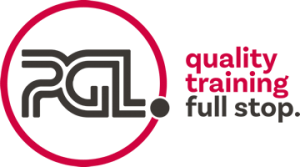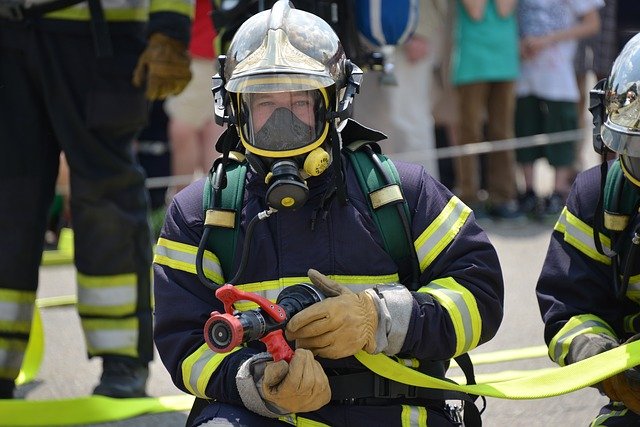Fit2Fit: Face Fit Testing & Training with PGL Midlands
- Educating workers on the proper use of respiratory protection equipment (RPE) has never been more important. It is crucial, however, that the equipment be fitted correctly and tested before it can be effective. Testing the fit of respiratory masks is the only way to ensure they offer the right protection.
- Face fit testing is an essential part of health and safety procedures for workers who are regularly exposed to harmful dust, gases, or other airborne hazards. On today’s blog, we discuss the different types of face fit testing available and how to find the training you need.
What is Fit2Fit?
- Fit2Fit is an accredited program devised by the British Safety Industry Federation (BSIF) and endorsed by the Health and Safety Executive (HSE). Fit2Fit has become a worldwide standard in face fit testing since it was launched in 2009, establishing standards for the construction industry and beyond. Our trainers all hold Fit2Fit accreditation, so you can be sure that our programs meet the high standards established by the scheme. Additionally, Fit2Fit has approved our one-day Face Fit Train the Tester course.
What is face fit testing?
- Only a face fit test can ensure a tight-fitting mask forms a secure seal around the user’s face when worn. By not testing their masks, users can’t be sure their masks are providing full protection from harmful airborne hazards. If masks are ill-fitting, some dangerous particles and gases can reach the respiratory system, posing extreme risks.
Is it a legal requirement to have a face fit test?
- As a control measure, fit-tested respiratory protection must be issued to workers who may come into contact with harmful airborne hazards. Protecting the health of workers on the job is an employer’s legal responsibility.
Face Fit Train the Tester
- For certain businesses, requesting external testing for their equipment may not be cost-effective or time-efficient. To ensure the ongoing safety of employees, it may make more sense to enroll relevant staff on a face fit train the tester course.
- Students will gain all the theoretical and practical knowledge they need to conduct safe and effective face fit testing on their colleagues. Many workplaces will save time, money, and disruption by having a dedicated employee who can perform these tests on-site. Further, it will allow fit tests to be conducted efficiently on-site in order to protect the health of workers.
Do you need to be clean shaven for a face fit test?
- Definitely. To participate in our face fit testing services, participants must be clean shaven. Hair on the face interferes with the effectiveness of RPE. The science behind this can be found in the HSE’s RR1052 guide.
- RPE may be restricted for participants who have pre-existing medical conditions (for example, asthma; allergies; or even heart problems). Wearing the selected and required RPE will require workers to be in good physical condition. You might need to wear an alternative RPE like a full mask or hood if necessary.
- Before the qualitative fit test, participants should refrain from eating, drinking (except still, unflavored water), smoking or chewing gum for at least 30 minutes. To prevent interference with taste, participants should refrain from eating, drinking, smoking, and chewing gum. Wearers should refrain from smoking (including e-cigarettes) for at least 60 minutes before the ambient particle counting fit test.
How often should you do face fit testing?
- After completing the face fit testing, users will receive a certificate for use on their RPE. Certificates are only valid on the model and make of the equipment tested. Whenever the RPE changes, a new test must be performed.
- Additionally, it is highly recommended that users conduct a new fit test after undergoing facial surgery, major dental work, significant weight gain or loss, or any other substantial change to their face shape that may affect the mask’s fit. Users should also retest their equipment if they are experiencing performance problems.
- Many workplaces require workers’ equipment to be tested annually to ensure their safety. Asbestos workers have a legal obligation to test their equipment annually. Our ‘Asbestos Awareness Course’ gives you more information about how to work around asbestos.
Get Your Training Done with PGL Midlands
- What can PGL do for your training needs? Visit our online course index to view our complete list of courses, NVQs, and more! Our team is also available by phone if you call 0121 240 0375 – You can also send us an email at info@pglmidlands.com.

